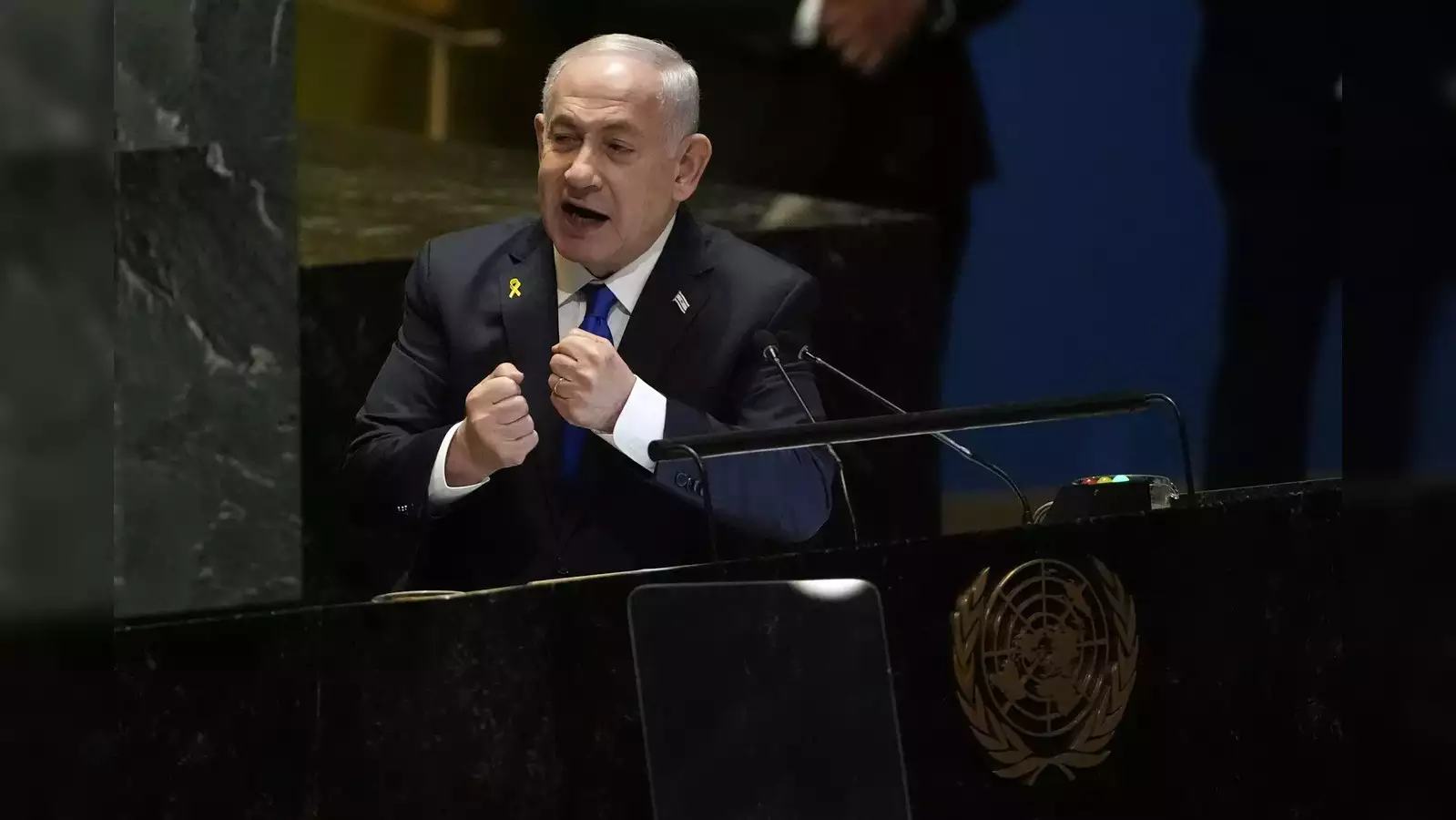In a ceremonial address marking a significant political transition, Britain’s King Charles III inaugurated the new British Parliament following a decisive electoral victory for the Labor Party. The opening of Parliament under the new Labor government, led by Prime Minister Sir Keir Starmer, signifies a notable shift in the country’s political landscape, ending a 14-year period of Conservative rule.
King Charles III’s Address: Commitment to Peace and Security
During his address to Parliament, King Charles III articulated a clear agenda for the newly elected Labor government. One of the central themes of his speech was the commitment to international peace and security, particularly focusing on the Middle East. The King underscored the government’s dedication to supporting the two-state solution for Palestine, which envisions an independent Palestinian state coexisting peacefully alongside a secure Israel.
“Our government is resolutely committed to a two-state solution,” King Charles stated. “We envision a future where both an independent Palestinian state and a secure Israel can thrive side by side. Our role in this is to actively participate in efforts aimed at achieving long-term peace and stability in the Middle East.”
The King’s address highlighted the continuity of Britain’s foreign policy objectives and the role of the new government in upholding these principles on the global stage. His statements were a reaffirmation of the UK’s ongoing commitment to international diplomacy and peacebuilding efforts.
Transition of Power: Labor Party’s Historic Victory
The inauguration of the new Parliament comes in the wake of a landmark election held on July 4, where the Labor Party achieved a resounding victory. The results of the election marked the end of a prolonged period of Conservative governance, which had lasted for 14 years. The shift in power represents a significant change in the political dynamics of Great Britain.
Sir Keir Starmer, the leader of the Labor Party, emerged as the new Prime Minister following the party’s success. Starmer’s ascension to the role signifies a new chapter in British politics, with the Labor Party now steering the country’s policies and legislative agenda.
The transition of power is seen as a response to public sentiment and a desire for change after years of Conservative leadership. The election results reflect a shift in priorities among the electorate, and the new government is expected to address a range of issues, both domestic and international, with renewed focus and vigor.
The Labor Party’s Agenda
Under Sir Keir Starmer’s leadership, the Labor Party has outlined an ambitious agenda aimed at addressing various national and global challenges. The party’s platform includes plans for economic reform, social justice, and a renewed emphasis on international diplomacy.
King Charles III’s address to Parliament set the tone for the new government’s policy direction, particularly emphasizing the importance of continued support for global peace initiatives. The Labor government’s commitment to the two-state solution reflects a broader strategy of engaging with international partners to promote stability and cooperation.
The Role of the British Monarchy
King Charles III’s role in inaugurating the new Parliament underscores the symbolic and constitutional significance of the monarchy in Britain’s political system. The address marks a ceremonial beginning to the new parliamentary session and highlights the King’s role in endorsing the government’s agenda and priorities.
While the British monarch’s role is largely ceremonial, the King’s address serves to reaffirm the values and objectives of the new administration. The emphasis on international diplomacy and peace reflects a continuity of Britain’s foreign policy goals and the importance of maintaining a steady course in global affairs.
Looking Ahead: Challenges and Opportunities
As the new Parliament convenes under the Labor government, there are both challenges and opportunities on the horizon. The government will need to navigate complex domestic issues, including economic recovery and social reform, while also fulfilling its commitments on the international stage.
The focus on the two-state solution and Middle East peace efforts is indicative of the government’s broader foreign policy objectives. The new administration will be expected to demonstrate leadership and effectiveness in pursuing these goals, while also addressing pressing concerns within the country.
The coming months will be crucial in shaping the direction of the Labor government and its impact on both domestic and international fronts. The King’s address marks the beginning of this new chapter, with high expectations for progress and reform.
King Charles III’s inauguration of the new British Parliament highlights the start of a transformative period in Great Britain’s political landscape. The Labor Party’s victory and the subsequent formation of a new government reflect a significant shift in public sentiment and policy direction. With a focus on international diplomacy and domestic reform, the new administration faces the task of addressing both current challenges and future opportunities. The King’s address underscores the continuity of Britain’s commitment to global peace and stability, setting the stage for a new era in British politics.



